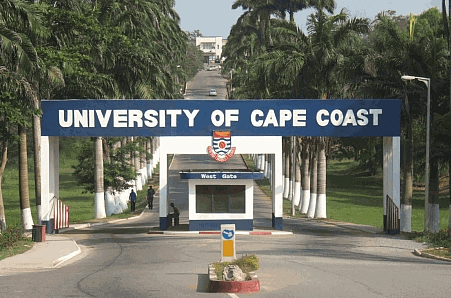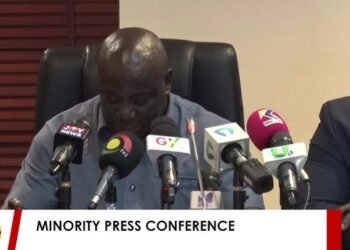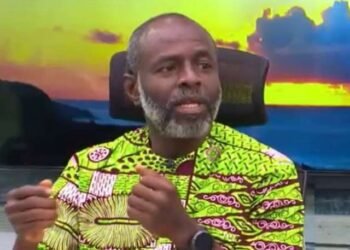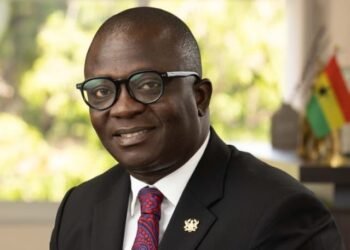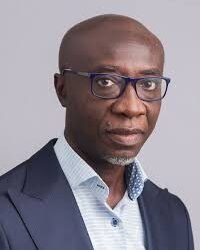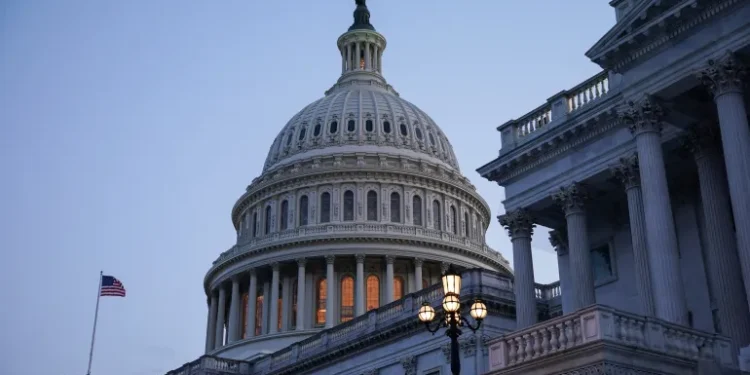For the past two weeks, lecturers at the University of Cape Coast (UCC) School of Medical Sciences have halted their teaching services in protest against the university’s policy on academic promotions.
The lecturers argued that the institution’s requirement for medical faculty members to obtain a PhD before advancing from Associate Professor to Full Professor is unfair and inconsistent with national and international standards.
Professor Emmanuel Kwabena Mesi Edzie, a lecturer at the UCC School of Medical Sciences, shed light on the situation in an interview with Joy News. He emphasized that while the lecturers have withdrawn their teaching services, they are still engaged in research and community service.
According to Professor Mesi Edzie, medical lecturers at UCC face an unprecedented hurdle when seeking promotion.
”The University of Cape Coast has had this medical school for the past seventeen years. And since the start of this medical school, it became necessary to engage faculties who are medical practitioners to teach at clinical levels.”
“In Ghana or everywhere in the world, what one needs to teach at a clinical level is the fellowship of a recognized postgraduate medical college. And once you join with that qualification, you are able to rise to the highest academic level. But for UCC, when it got to the point that people decided to apply from Associate Professor to Full Professor, then we got the impediment that you need to have a PhD, which nobody has. No medical doctor does a PhD in Ghana.”
Professor Emmanuel Kwabena Mesi Edzie lecturer at the UCC School of Medical Sciences
As a result, the lecturers initiated a protest over a year ago, which has now culminated in the withdrawal of their teaching services.
Professor Mesi Edzie stressed that the lecturers will not return to the classroom until the university reverses its decision.
He argued that medical education requires instructors with hands-on clinical experience, not just academic credentials.
“There’s no way you can get anybody with a PhD to come and teach somebody how to diagnose diseases. You have to be a practitioner. You have to have a fellowship. And that is what is done in all the universities.”
Professor Emmanuel Kwabena Mesi Edzie lecturer at the UCC School of Medical Sciences
According to him, the University of Ghana, for example, promotes medical lecturers based on their medical qualifications, not a PhD. He insisted that UCC should follow the same standard.
Impact on Medical Students
However, the President of the Medical Students Association at UCC, Mr. Aaaron Kofi Ankomah described the situation as unpleasant.
“For the student body in the medical school, it has been a dire situation. We run a very tight academic calendar, and things are scheduled to be done at specific times, which helps in our training.”
Mr. Aaaron Kofi Ankomah President of the Medical Students Association at UCC
The disruption has stalled academic progress across various levels of medical education at UCC. Mr. Ankomah elaborated on the impact.
Final-Year Students (Level 600); They are preparing for their final exams, a crucial period that requires continuous guidance from medical lecturers. However, due to the strike, they are missing critical mentorship.
Level 500 Students; These students, who are actively engaged in clinical practice, are now unable to receive the necessary supervision from their lecturers.
Level 400 Students; Their clinical rotations have been severely affected, with many students struggling to receive the essential practical training.
Level 300 Students; This group is undergoing paramedical training, which involves a series of specialized courses.
“Currently, because of the halt of lectures, the academic calendar that was supposed to be progressive is at a standstill right now. And it’s impacting us a lot.”
Mr. Aaaron Kofi Ankomah President of the Medical Students Association at UCC
Mr. Ankomah further explained that medical students rely on structured academic schedules to ensure they acquire the necessary skills before moving to the next stage. The ongoing strike threatens to derail their education and professional development.
University’s Stance and Ongoing Negotiations
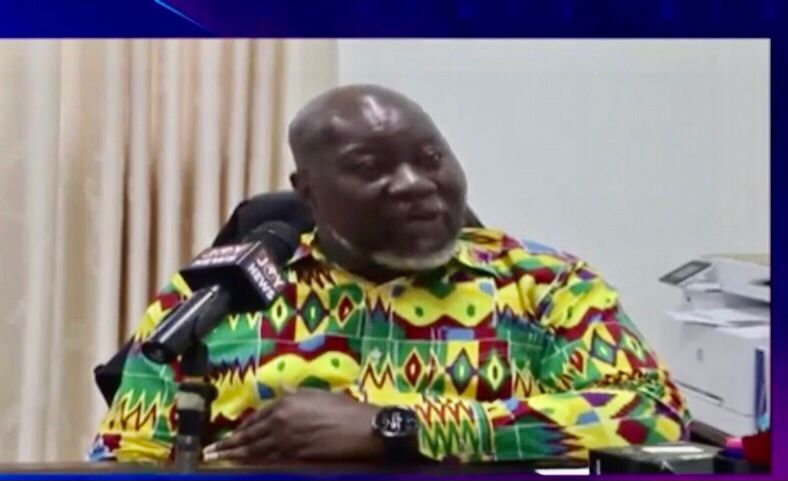
Despite the lecturers’ concerns, UCC’s administration has remained firm on its PhD requirement for promotion. In response, Ghana Tertiary Education Commission (GTEC) has stepped in to mediate discussions between the lecturers and the university’s management.
Mr. Ankomah noted that the Medical Students Association has further engaged with both the lecturers and the Vice-Chancellor to understand the perspectives of both parties.
The lecturers insist that the university’s current policy does not align with international best practices, as most medical educators worldwide progress in their academic careers without PhDs. They believe that UCC’s stance is inconsistent with the policies of other institutions in Ghana and must be revised.
The standoff between UCC’s medical lecturers and the university management has left medical students stranded, with their education at risk. The lecturers maintain that they will not return to teaching until the promotion policy is amended, while the university has yet to show any sign of backing down.
Students remain caught in the middle, facing uncertainty about their academic future. The intervention of GTEC and other stakeholders will be critical in resolving this impasse and ensuring that medical education at UCC resumes without further delay.
READ ALSO; Ghana Needs Economic Shock Absorbers, Not IMF Interventions- Prof. Gatsi


